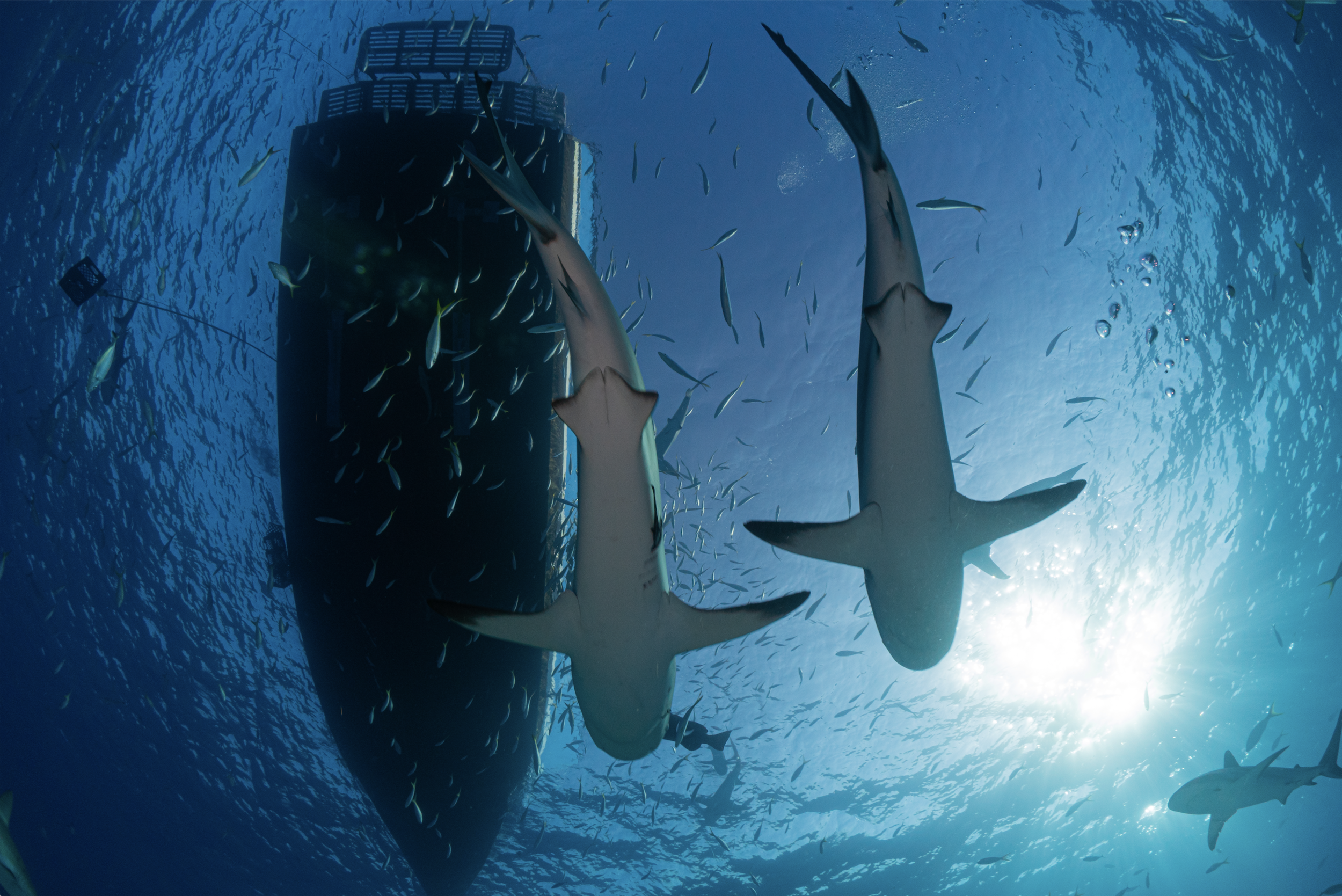A tapestry of rich ecosystems, the world’s seas are under increasing danger. Sharks are among the most misinterpreted but ecologically important residents of these seas. Being top predators, they are very important for preserving the fragile equilibrium of aquatic habitats. Diving tourism, which depends on the appeal of underwater experiences, has a big interest in the health and quantity of shark numbers. Although the particular experience of a shark cage dive oahu concentrating on great whites is geographically constrained, the more general ethical and responsible shark diving across many places emphasises the basic link between shark conservation and a booming diving tourism industry. Not only is it an environmental need, but also the long-term viability and financial feasibility of diving sites all around depend on the protection of these amazing animals.
Keystone Species in Marine Ecosystems: Sharks
Often hated and feared, sharks are in fact important Keystone species in their particular oceanic habitats. Their top-notch position in the food chain helps control the numbers of other marine life, therefore preventing any one species from taking over and upsetting the equilibrium. Eliminating sharks can set off trophic cascades that cause imbalance all over the ecosystem. For example, the reduction in shark numbers would lead to an increase in their prey species, which would overgraze coral reefs or exhaust commercially significant fish supplies. Understanding why shark conservation is so critical starts with realising their ecological value.
Consistent Diving Techniques: Reducing Effect
Responsible behaviour is crucial if diving travel is to be really sustainable and help to save sharks. Strict rules guiding dive operators must minimise any possible harmful effects on shark behaviour and their habitat. This involves avoiding artificial feeding of sharks in ways that could change their natural foraging patterns or lead to reliance. Important elements of good operations are keeping a polite distance, restricting the number of divers per encounter, and teaching them about shark behaviour. Dive operators can guarantee the long-term survival of their company and help to conserve by giving the welfare of the sharks and their habitat top priority.
Dependent on Healthy Oceans, the Future of Diving Tourism
The health and biodiversity of our oceans define the long-term viability of diving tourism in exactly opposite terms. As apex predators, sharks tell of a healthy marine ecology. The loss of shark numbers points to a more general ecological imbalance that might eventually affect the appeal and feasibility of diving sites. For the diving tourist business, investing in shark conservation is thus not only a moral but also a strategic need. Through proactive support of conservation initiatives, the sector can contribute to guarantee the long-term viability of the oceans and the ongoing appeal of divers from all around the world. The appeal of a shark cage dive oahu, or like experiences abroad, depends on the ongoing existence of these amazing animals in their native habitat.
To sum up, the value of shark protection for diving travel cannot be emphasised too much. Sharks are not just fascinating animals to see; they are also essential members of healthy marine ecosystems and their existence is growingly acknowledged as a major economic benefit via responsible diving tourism. The diving business can significantly help to protect these amazing animals and the ocean settings they live in by changing public view through first-hand experiences, encouraging appropriate diving techniques, and actively supporting conservation projects.


